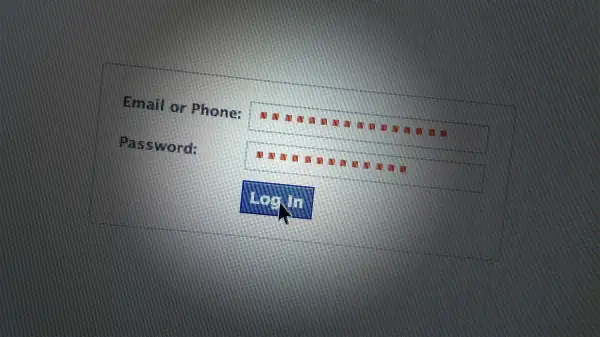What Happens to Your Facebook Account When You Die?

When a typical family starts talking about estate planning, they might think about their house, their investment assets, maybe even a trust.
But you actually have a number of digital assets whose fate you need to consider -- because under present law, it is not entirely clear who can access and manage your online property if you become incapacitated or die. Such online assets include any accounts that exist solely online: your email, social media accounts (Facebook, Instagram, LinkedIn, and the like), PayPal accounts, and online financial accounts.
While it can be a federal crime -- and a violation of most terms-of-service agreements -- for someone else to access your accounts using your username and password, such invasions can be tough to cope with after the fact. Yet because estate planning laws have not kept pace with technology, the process that applies to managing traditional assets -- with a durable power of attorney, say, or a court-appointed executor after death -- may not give others access to your digital assets. For instance, your executor might be hampered by federal laws intended to protect your privacy by criminalizing unauthorized access to computers and data. These laws are at odds with traditional estate planning laws that allow access to fiduciaries -- who, by definition, are acting on behalf of others.
Meanwhile, the companies responsible for managing digital assets, understandably wary of violating federal laws, also fiercely protect their users’ privacy. That's one reason that terms of service agreements -- those documents we all agree to when we sign up for online accounts -- tend to limit access to only the individual account holder.
Right now, many states are considering draft legislation that could help alleviate these issues. For now, however, there are a few things you can do to help protect yourself and your digital assets.
1. Be a Good Record Keeper
Create a list of all of your digital accounts, along with usernames and passwords, password prompts and/or questions. But because this is sensitive information, keep this document in a safe place where only people you trust can gain access -- such as in a locked file cabinet or home safe.
Don't list it in any of your estate planning documents, either -- because at some point, these documents may need to be shared with other financial institutions, or be filed with the court and become pat of a public record. Instead, tell the appropriate people where your list is kept, and how to access it, if it should become necessary.
Making your email accounts accessible is especially important if someone will need to manage your assets. Since you likely receive communications from your financial institutions via email, email access can be essential to determine what assets you actually have -- particularly if you haven’t kept an accurate list.
2. Name a Backup Where You Can
Some service providers allow you to name someone else who can access your accounts. For example, last year Facebook began allowing users to name a legacy contact for their accounts. Google has also developed an "inactive account manager" that allows you to name someone to be contacted in the event your account is inactive for a certain period of time; Twitter allows an immediate family member or authorized representative of the estate to request that an account be deactivated.
Such options are not yet the norm, but likely will be soon, so stay abreast of policy updates.
3. Be Specific About Your Intentions
Even though traditional estate planning tools do not always work well for digital assets, it's still prudent to use them to spell out your intentions.
In two planning key documents, say explicitly that fiduciaries can access and manage digital assets: in your will, where you name an executor to manage your affairs after you are gone, and in a durable power of attorney, where you name another person (called an attorney-in-fact) to make legal and financial decisions on your behalf if you become unable to do so.
Fortunately, laws concerning digital assets are quickly evolving. More than a dozen have already enacted a law that would allow fiduciaries, such as an attorney-in-fact or an executor, to manage digital assets if you grant them such powers in your planning documents. In the meantime, however, take steps to protect yourself and keep your assets secure if something happens to you.
